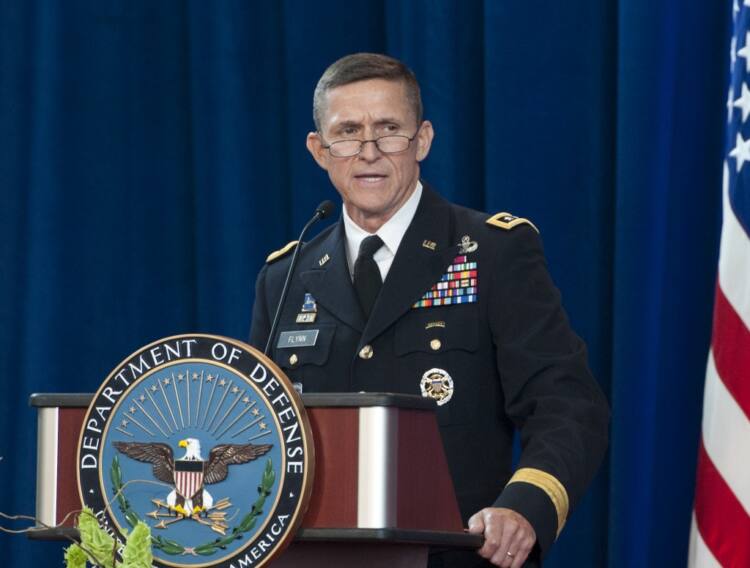A Case Study in Media Bias

When news broke that President Donald Trump appointed General Michael Flynn to the U.S. Military Academy’s Board of Visitors at West Point, it should have been an occasion to reflect on the significance of the role and the qualifications of the appointee. West Point, one of America’s most storied institutions, trains the next generation of military leaders, and its Board of Visitors plays a key part in overseeing its mission. Flynn, a retired three-star Army general with decades of service, would seem a natural fit. Yet, Reuters’ recent coverage of Flynn’s appointment opts for a different angle—one steeped in insinuation and selective framing that downplays his credentials while amplifying controversy.
The coverage paints Flynn’s appointment not as a recognition of his extensive military career but as a lightning rod for political baggage. Terms like “baseless conspiracy claims” and “right-wing” pepper the narrative, loaded descriptors that carry a clear judgment rather than neutral reporting. These phrases aren’t just editorial flourishes—they’re designed to evoke a specific reaction, casting Flynn as a figure defined solely by polarizing moments rather than his broader record. Nowhere in this portrayal is there a nod to his years of service, including his leadership in counterterrorism efforts during the Iraq and Afghanistan wars or his tenure as Director of the Defense Intelligence Agency. Instead, the focus zeroes in on his post-military political activities, as if that alone defines his suitability for the role.
This isn’t to say Flynn’s career lacks controversy—his guilty pleas (later recanted) and pardon by Trump are matters of public record. But the omission of his military achievements isn’t an oversight; it’s a choice. By sidelining his decades of decorated service, the article subtly undermines the prestige of the West Point appointment itself, suggesting it’s tainted by association rather than elevated by expertise. The language implies a conclusion—Flynn is a liability, not an asset—without letting readers weigh the full context for themselves.
Contrast this with how appointments to prestigious boards are typically covered when the appointee aligns with establishment norms. Military service is lauded, experience is highlighted, and controversies, if mentioned, are balanced against accomplishments. Here, the scales tip heavily toward critique, with no counterweight of Flynn’s contributions to national security. The use of “right-wing” as a catch-all label further muddies the waters, a term so overused in modern discourse that it’s lost any precise meaning—except, perhaps, to signal disapproval to a certain readership.
What’s at stake here isn’t just fairness to Flynn but the integrity of how news shapes perception. When a report leans on suggestive terms and omits key context, it stops being journalism and starts being advocacy. Flynn’s appointment to West Point’s Board of Visitors deserves scrutiny like any public figure’s—but it also deserves a fuller picture. His military career isn’t a footnote; it’s a foundation. Readers should be trusted to judge his record, controversies and all, without being spoon-fed a narrative that’s already decided what they should think.
